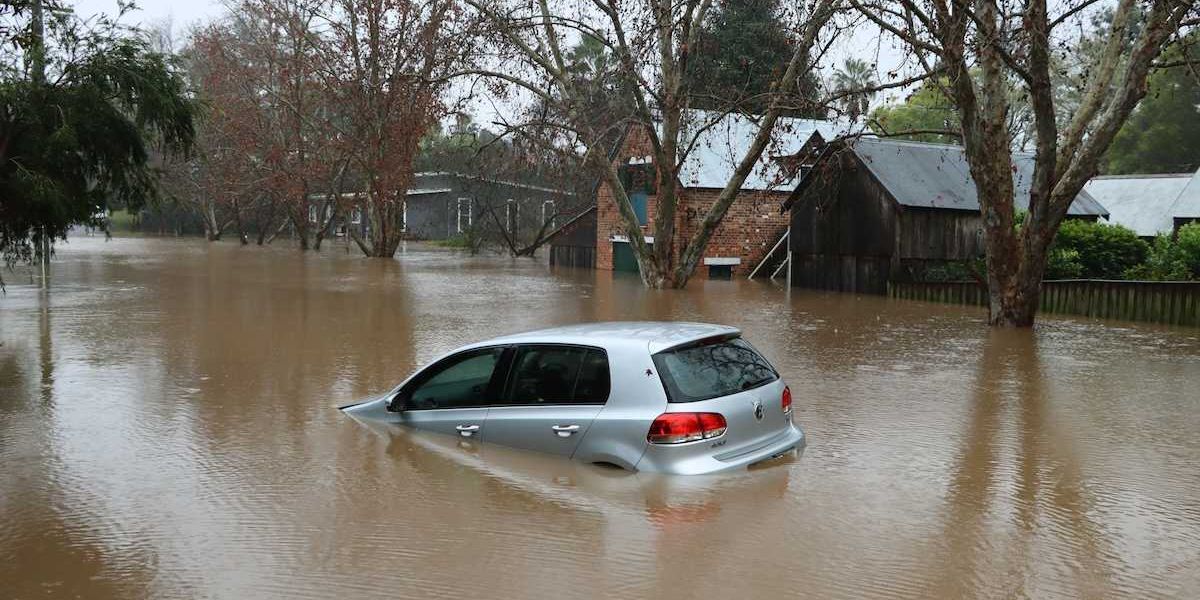Podcast: Climate change forces Iraq’s farmers to abandon ancestral land amid extreme heat and water scarcity
As Iraq’s rivers run dry and desert sands overtake farmland, families once rooted in the Fertile Crescent are uprooting their lives in search of water and survival.
Alissa J. Rubin reports for The New York Times.
In short:
- Iraq is facing intensifying climate impacts, with temperatures rising nearly twice as fast as the global average and water scarcity accelerating desertification in historically fertile regions.
- Once-thriving farms now rely on dwindling and contaminated water sources, forcing families to abandon livestock and leave behind generational land as crops fail.
- Displaced rural communities often move to informal urban settlements with poor sanitation and limited opportunity, while tensions over water access have led to local conflict and armed violence.
Why this matters:
Iraq, once the cradle of civilization, is now a case study in how climate change can destabilize entire societies. Iraq’s present struggles could be a preview for other regions where weak governance, conflict, and warming temperatures converge. From the Middle East to parts of Africa, South Asia, and even western North America, climate-driven water crises threaten to reshape borders, upend economies, and provoke mass migrations. As these pressures mount, the global community may face not only humanitarian emergencies but deeper geopolitical instability.
Related: Rising temperatures drive Middle East food prices higher













